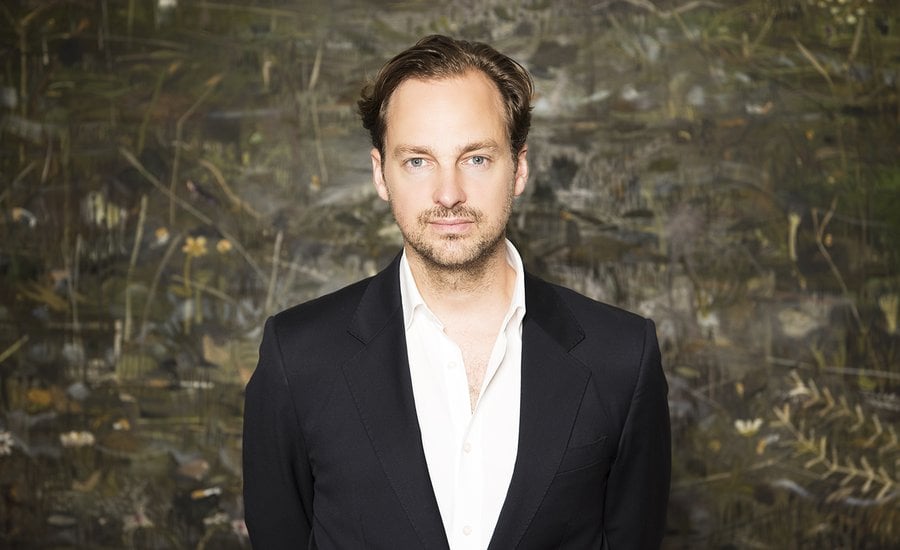
In a trend that shows no signs of abating, the London gallery Vilma Gold has announced that it will be closing down and starting a “new model of collaboration.”
Installation view of KP Brehmer’s recent exhibition at Vilma Gold. Courtesy the gallery.
Vilma Gold’s founder and director Rachel Williams—who opened the gallery in 2000 with Steve Pippett—explained the decision in an email last Thursday, quoted in full by Artnews:
The nature of the art world has changed significantly in recent years. Where a gallery was once centered around a physical space where artists, collectors and curators could engage directly with the exhibition program, the focus has now shifted towards an endlessly accelerating global cycle of fairs which has impacted on the relevance of this traditional model.
I feel the time has come for me to step off this path, spend time with my family, and begin working towards a new model of collaboration with both living artists and estates- in the meantime, the office will continue to work on behalf of the gallery artists and the estates of KP Bremer and Stephen Dworkin for the foreseeable future.
Although this new direction is to some extent a walk into the unknown, I am also very excited about the possibilities presented by this new chapter, and I hope that I will continue to collaborate with the many friends and colleagues I have had the pleasure of working alongside for the past 18 years.
Rachel Williams
Vilma Gold
The same day and citing very similar reasons, Artnews also reported that another established London gallery, Ibid, had closed its flagship space in the city center, launched only in 2014.
The gallery, which opened in 2004, is currently looking for another (more affordable) space somewhere else in the city, to stage up to four exhibitions a year and keep an office.
“We felt that it doesn’t make sense to sit on this traditional gallery model in the center of London only to sell to our London-based clients all around the world,” Magnus Edensvard, founder of Ibid Gallery, told Artnews from Hong Kong last week, where the gallery was participating at the Art Basel fair.
“There’s something in this model that feels outdated, and it’s something that’s unsustainable on our level,” he added, estimating that up to 95 percent of sales had increasingly moved to art fairs.
The gallery is keeping its Los Angeles outpost, a 13,000-square-foot space in the Boyle Heights neighborhood, which it launched last year.
“None of these mid-tier galleries are independent from financial reality,” Edensvard said, referring to rising rents in London and elsewhere, as well as the pressures to participate in endless art fairs, often at a huge cost.
“I think there’s an opportunity for galleries that have been working under a traditional white-cube model to find new ways of existing and new ways of collaborating,” he continued.
This sentiment was also expressed recently in an open letter by Guillaume Rouchon, founder of Harlem-based gallery Tempo Rubato, who called for “a collective, wide-ranging and urgent assessment of our goals, our values, and our aspirations as art professionals for the years to come.”
The need to rethink the traditional gallery model was dramatically exposed most recently, when Andrea Rosen, who launched her revered New York gallery 27 years ago, announced in February that she was closing her Chelsea space, and—although continuing to work with the estate of Felix Gonzalez-Torres—that she wouldn’t be representing any living artists.
Rosen’s announcement, which shocked the international art world, came after a string of New York mid-tier gallery closings, including Murray Guy, Lisa Cooley, and Feuer/Mesler.
London, just like New York, is suffering from a seemingly unstoppable process of gentrification and rising rents, and has seen a number of its best-loved galleries close in recent months.
MOT International—which represented artists including 2012 and 2013 Turner Prize winners Elizabeth Price and Laure Prouvost, as well as Ulay, Cally Spooner, and Braco Dimitrijević—folded quietly last summer, without making any public announcements.
Meanwhile, Limoncello—a gallery launched in 2007 in East London with a focus on emerging artists—announced that it would be closing three weeks ago, via an Instagram post.